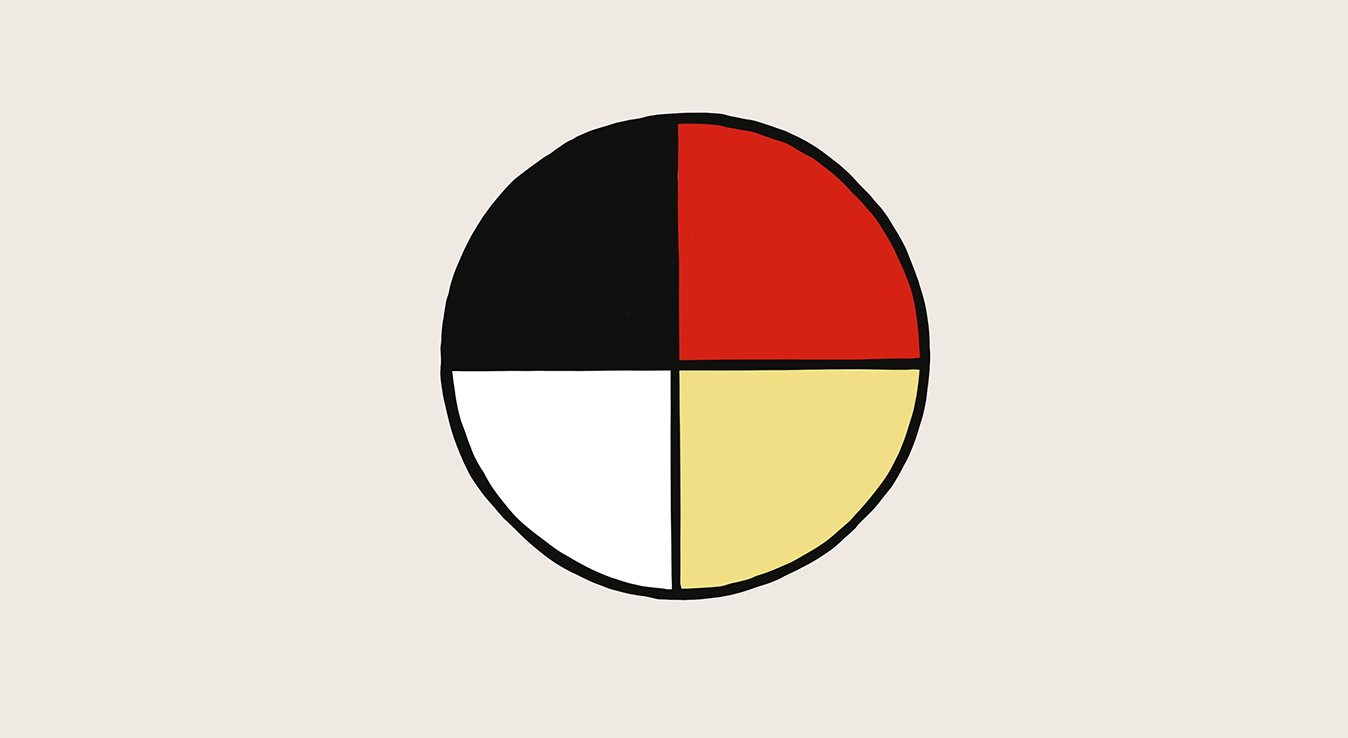National Day of Action for Murdered and Missing Indigenous Women and Girls

National Day of Action for Murdered and Missing Indigenous Women and Girls
October 4th is National Day of Action for Missing and Murdered Indigenous Women and Girls (also known as Sisters in Spirit day), a day to grieve and remember the lives of Indigenous women, girls, and 2SLGBTQ+ people who disappear and are murdered at extremely disproportionate rates. Today we take steps to end this genocide, which is caused by colonisation, denial of rights, and dehumanization of Indigenous women, girls, and 2SLGBTQ+ peoples.
On June 3, 2019, the National Inquiry into Missing and Murdered Indigenous Women and Girls (NIMMIWG) released its final report and 231 Calls for Justice. The report revealed that the right to health and safety are inextricably linked, and that centring self-determined solutions that challenge racism, sexism, homophobia, and transphobia in health services for Indigenous peoples—especially Indigenous women, girls, and 2SLGBTQ+ people—can contribute to improving community and individual health, safety, and healing.
Trans Care BC’s priorities are led by Two-Spirit, trans, and gender diverse people of all ages with diverse lived experiences that guide our work. We believe in building and maintaining good relations with First Nations, Inuit and Métis people and programs, guided by Indigenous-led regional and national calls to action and recommendations, that support person-centered and culturally safe care and practices. So far, we have responded to several calls for justice from the NIMMIWG Final Report, including:
- Call to Justice 7.1: “We call upon all governments and health service providers to recognize that Indigenous Peoples – First Nations, Inuit, and Métis, including 2SLGBTQQIA people – are the experts in caring for and healing themselves, and that health and wellness services are most effective when they are designed and delivered by the Indigenous Peoples they are supposed to serve, in a manner consistent with and grounded in the practices, world views, cultures, languages, and values of the diverse Inuit, Métis, and First Nations communities they serve.”2
- Call to Justice 18.18: “We call upon all governments and service providers to educate service providers on the realities of 2SLGBTQQIA people and their distinctive needs, and to provide mandatory cultural competency training for all social service providers, including Indigenous studies, cultural awareness training, trauma-informed care, anti-oppression training, and training on 2SLGBTQQIA inclusion within an Indigenous context (including an understanding of 2SLGBTQQIA identities and Indigenous understandings of gender and sexual orientation). 2SLGBTQQIA people must be involved in the design and delivery of this training.”3
- Call to justice 18.26: “We call upon health service providers to educate their members about the realities and needs of 2SLGBTQQIA people, and to recognize substantive human rights dimensions to health services for 2SLGBTQQIA people.”4
Trans Care BC took action by launching a free, online course on Indigenous gender diversity for people working in health and social service settings to increase their awareness, knowledge, and skills when improving service access for gender diverse Indigenous people across British Columbia. The Indigenous Gender Diversity course was developed in collaboration with various gender diverse Indigenous, Two-Spirit, and Indigenous community members, and providers. We are deeply grateful to everyone who contributed. You can register for the course in the education center here.
All Trans Care BC staff are also required to complete San’yas Indigenous Cultural Competency Training within the first 6 months of being hired. San’yas training is aimed at fostering health equity and Indigenous cultural safety in health and other sectors. You can register for San'yas here.
For more information and to find out how you can get involved, visit:
- Reclaiming Power and Place: The Final Report of the National Inquiry into Missing and Murdered Indigenous Women and Girls
- Red Women Rising report - Indigenous Women Survivors in Vancouver’s Downtown Eastside and members of DEWC
- A Path Forward: Priorities and Early Strategies for B.C. June 2023 Status Update (a response from Ministry of Public Safety and Solicitor General to Reclaiming Power and Place: The Final Report of the National Inquiry into Missing and Murdered Indigenous Women and Girls)
- Métis Nation British Columbia page with information on National Day of Action for MMIWG and resources
- Calls To Action - the Truth and Reconciliation Commission
References
Reclaiming Power and Place: The final report of the national inquiry into missing and murdered Indigenous women and girls, Volume 1 A. (2019) 414 https://www.mmiwg-ffada.ca/wp-content/uploads/2019/06/Final_Report_Vol_1a-1.pdf

